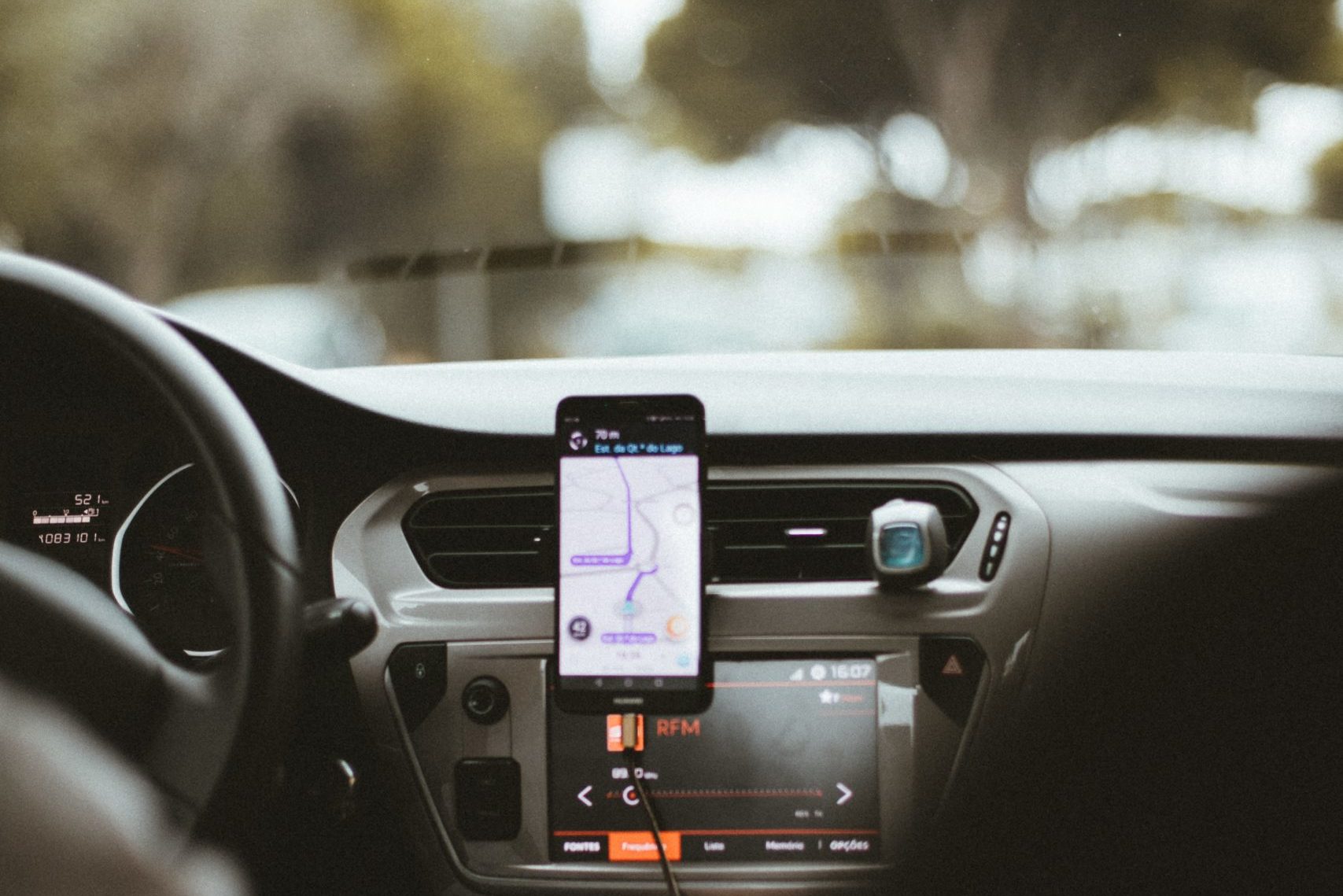3/22/2021
Uber has successfully mobilized many lawyers and lobbyists in order to fight attempts to reclassify their drivers as company workers who are entitled to higher wages and benefits. Uber (and Lyft, another ride-share app) achieved a huge victory in this effort back in November of 2020 when California voters approved a ballot measure to allow the companies to continue to classify their drivers as self-employed freelancers. Currently, the vast majority of Uber drivers around the world are considered to be independent contractors, which means that they are not entitled to higher wages or benefits.
In a rare win for drivers, a new legal classification in the United Kingdom, which follows a court ruling from February, entitles workers to more pay and benefits. Uber stated that it would reclassify more than 70,000 British drivers as workers who are entitled to a minimum wage, vacation pay, and access to a pension plan. This is the first time that the company has agreed to classify its drivers in this way. This decision demonstrates an unprecedented shift for Uber, although it was made easier by British labor laws that offer a middle ground between freelancers and full employees. Since these laws do not exist in other countries, it is unclear whether or not Uber will change its policies elsewhere.
This court decision was applauded by labor activists who have been criticizing the way that Uber, Lyft, DoorDash, and other gig-economy tech companies treat their drivers and delivery workers for years. Despite this historic breakthrough for workers’ rights, there are still shortcomings that prevent drivers from fully being considered Uber employees. Uber has said that drivers can only receive the minimum wage payment from the time that they accept a ride until they drop the passenger at their location, but not while they wait for a customer to request a ride. However, drivers have complained that the supply of drivers often exceeds the demand from passengers, which drives wages down because there are fewer rides to go around. This means that workers continue to be shortchanged.
It is clear that the gig economy is creating extreme financial hardship for millions of workers around the world. According to a Federal Reserve report from 2018, workers who supported themselves through the gig economy struggled financially far more than the average individual. The profit model of gig economy tech companies is dependent on their ability to find loopholes in labor laws, which is devastating for individuals who depend on their earnings from the gig economy to pay rent and purchase food and other necessities.
This is why what Uber is being forced to give their drivers in the U.K. is a bare minimum, and many want it to be a reality everywhere. However, there is a significant faction who supported California’s ballot measure because of the freedom afforded to rideshare drivers currently classified as “independent contractors” to work as long as they want, whenever they want. Does Uber have an ethical obligation to this segment of their drivers to fight legislation like the U.K.’s recent court ruling? If so, how can Uber reconcile this with its obligation to the opposing interests of the drivers who want to be considered “employees”? And how does the prediction of decreased profits for the company if it changes its drivers’ classifications to “employee” affect the ethicality of these decisions?

